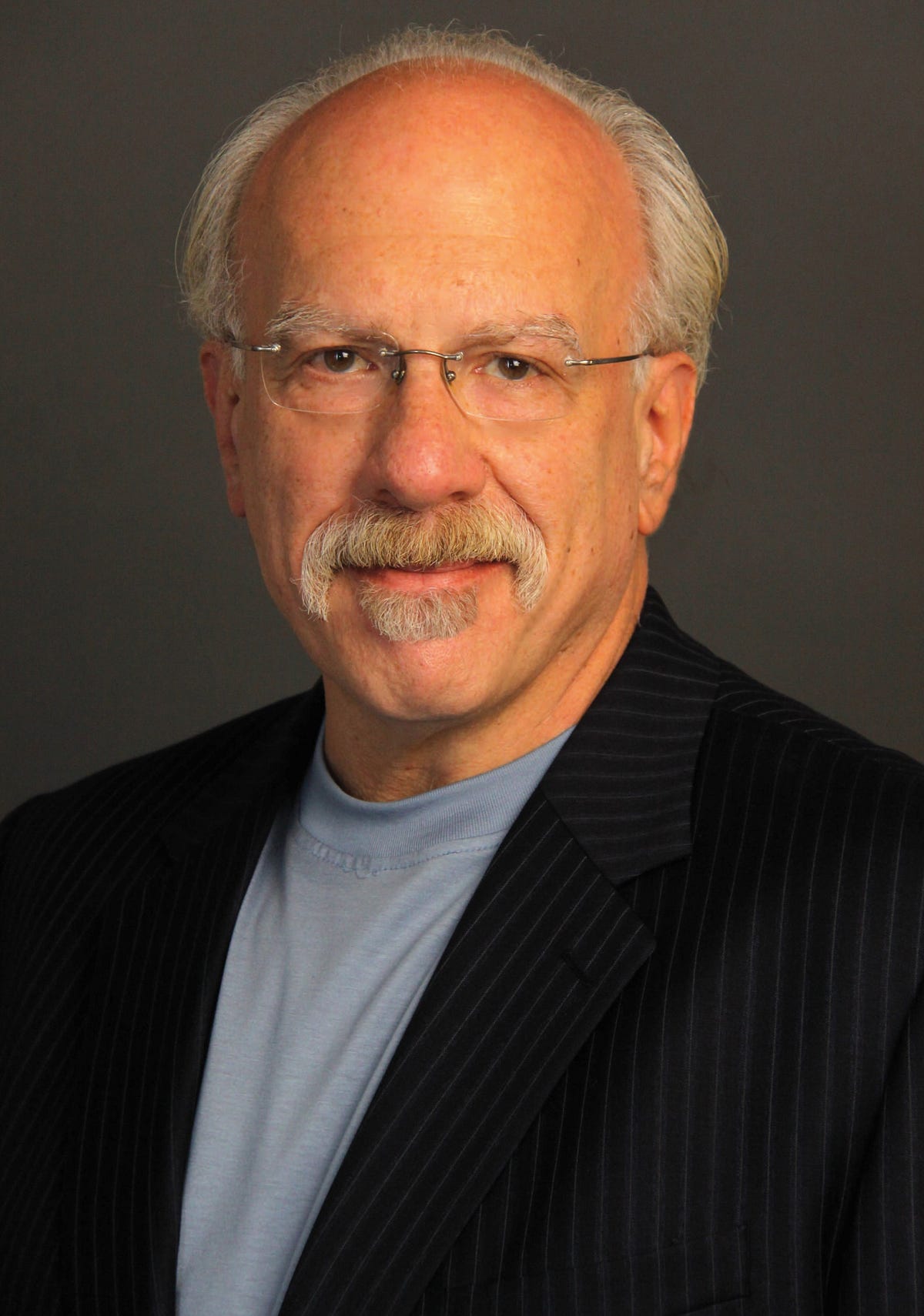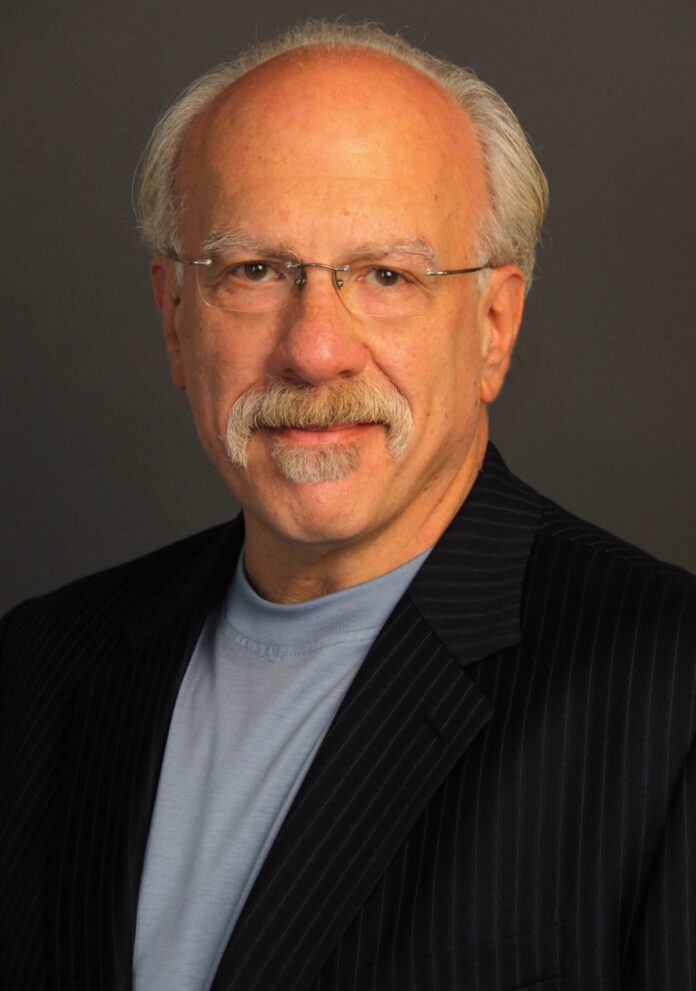“We need to start a movement to make lying and perjury a much more serious crime” With Dr Steven Berglas

“Were I blessed with the charisma to “start a movement” it would have something to do with making the penalties for perjury, lying in general, or deceit, stiffer than those imposed upon all but murderers and rapists. Lying corrodes relationships in a permanent manner, and undermines our social fabric.”
I had the pleasure of interviewing Dr. Steven Berglas, who spent over 25 years on the faculty of Harvard Medical School’s Department of Psychiatry. Dr. Berglas came to my attention recently because of a new book he wrote, his 5th: STAY HUNGRY & KICK BURNOUT IN THE BUTT.
Thank you so much for joining us! Can you share a story about what brought you to this particular career path?
I’ve thought about that question a great deal while writing STAY HUNGRY since it’s most important “take-home” insofar as preventing burnout is concerned is that supplementing (or replacing) a traditional career with entrepreneurial pursuits is more psychologically rewarding than raises, bonuses, stock-options, what-have-you. As I thought about my career I realized that I never had a full-time job or a boss (I either worked on government awards I received and controlled, or was a psychotherapist, consultant, or coach, always self-employed). Self-determination is a big deal to me. But what matters most is fulfilling a wish of my father’s — that I be a teacher. So, while doing whatever else I did to earn a living, I always taught at Medical Schools or Business School. And I wrote everywhere I could. There is no better teacher than a well-presented lesson.
Can you share the most interesting story that occurred to you in the course of your career?
I’m an inveterate wise guy who never takes myself or other people seriously. We’re all the Lord’s children. I actually hate pompous know-it-alls with “upper-crust” airs of superiority, always assuming a position of high dudgeon when debating an academic point/issue. Long, long, ago, the American Psychiatric Association was considering whether or not to add the diagnosis “self-defeating personality disorder” to the DSM manual. I did a great deal of research and writing on the subject, and consulted to the physician charged with developing new diagnoses. He asked me to lecture at Columbia’s College of Physicians and Surgeons, so I did. If you go to academic colloquia, you know that some folks, always seated in the first row, mostly Emeritus, live to challenge the “expert speaker” irrespective of what he/she says. It happened the moment I finished my presentation: A gentleman jumps to his feet and without my recognizing him says, “Doctor, you regaled us with your theory of self-defeating behavior for over an hour, and yet not once did you utter the word “guilt.” How is that possible? Rather than lock horns I looked at my feet, muttered — loudly enough for all to hear, “Aw shit” — and said to all, “Forgive me — -I take it all back,” and walked off the stage. 300+ physicians roared with laughter.
Can you share a story about the funniest mistake you made when you were first starting? Can you tell us what lesson you learned from that?
I take my errors very seriously; none are funny. As noted above, I joke constantly, but if I err I’m very self-punishing. I follow the lead of Winston Churchill who said, “Every night, I try myself by Court Martial to see if I have done anything effective during the day. I don’t mean just pawing the ground, anyone can go through the motions, but something really effective.” I am sometimes found guilty and it really upsets me. Coincidentally, like Churchill I smoke cigars, but much prefer bourbon to whiskey.
What are some of the most interesting or exciting projects you are working on now?
I am working on a book project now with Marshall Goldsmith, a man I have boundless respect for and admire.
Which people in history inspire you the most? Why?
My true heroes are Churchill, Benjamin Franklin, Aristotle, and a couple of his students.
Which literature do you draw inspiration from? Why?
I draw inspiration from Freud, Franklin & Churchill, the Bible, and most organized religions but I know Judaism, Christianity, and Eastern Theology best.
How do you think your writing makes an impact in the world?
I don’t know that my writing will impact the world, but if it doesn’t make a big splash I know that anyone who reads what I write will get the 100% gospel insofar as psychological science is concerned. A pet peeve of mine is how often self-help gurus spew garbage, falsehoods, and, I fear, lies. I cannot say much more on this subject lest I risk suffering a stroke.

What advice would you give to someone considering becoming an author like you?
Write about what you care about, give credit to all who came before you ’cause there’s nothing new under the sun: Ecclesiastes, 1:9.
You are a person of great influence. If you could start a movement that would bring the most amount of good to the most amount of people, what would that be? You never know what your idea can trigger. 🙂
Before I answer this, your proposition is the crux of how I guide people toward entrepreneurial inoculations against burnout: starting a movement like MADD or America’s Most Wanted — both born out of a parent’s anguish over having a child murdered. Were I blessed with the charisma to “start a movement” it would have something to do with making the penalties for perjury, lying in general, or deceit, stiffer than those imposed upon all but murderers and rapists. Lying corrodes relationships in a permanent manner, and undermines our social fabric.
What are your “5 things I wish someone told me when I first started” and why. Please share a story or example for each.
1. Good friends come and go. Enemies accumulate.
2. If you are dealing with a dimwit who has authority of any sort over you, never let him/her know you are smarter than he/she is. He/she will cut your innards out if you do.
3. Endeavor to see the good in everyone (save for dimwits with authority over you). You will be infinitely happier for doing so.
4. It really, truly, is much better to give than to receive.
5. The First Commandment is the most important Commandment.
Some of the biggest names in Business, VC funding, Sports, and Entertainment read this column. Is there a person in the world, or in the US whom you would love to have a private breakfast or lunch with, and why? He or she might see this, especially if we tag them 🙂
I’d be an outright liar if I denied having the fantasy that someone like Elon Musk would see this column, read STAY HUNGRY, state in a public forum that it (and, by extension, I) saved his life. I mention Musk because he is so ripe for burnout and could be the Poster Boy for what I say not to do if you want to achieve what Aristotle called eudaimonia — Happiness + Peace of Mind + a sense of community. In truth — and I swear I’m not being arrogant — I know I could inoculate Must against burnout if he was a client of mine. The problem is, who tells the 800lb. gorilla, “You’ve got bad breath?” Musk is a genius, more inventive that few who have ever lived, and indefatigable. Hard to get through to…
So, if Musk won’t help me spread the word, I guess I’d to have an evening drink (I don’t do breakfast meetings or eat lunch) with Steph Curry of the Golden State Warriors. He embodies what a superb athlete should be, which includes a love of family, dedication to a craft, and dedication to his team, 9-Sigma above self-aggrandizement. He’s the antithesis of the “I am The King” jock-jerk. What is best about Curry is that he’s the best role model (for kids) imaginable. I would die if I could meet him.
How can our readers follow you on social media?
I’m on LinkedIn and have a weekly blog on Psychologytoday.com
https://www.linkedin.com/in/dr-steven-berglas-52a55322/


